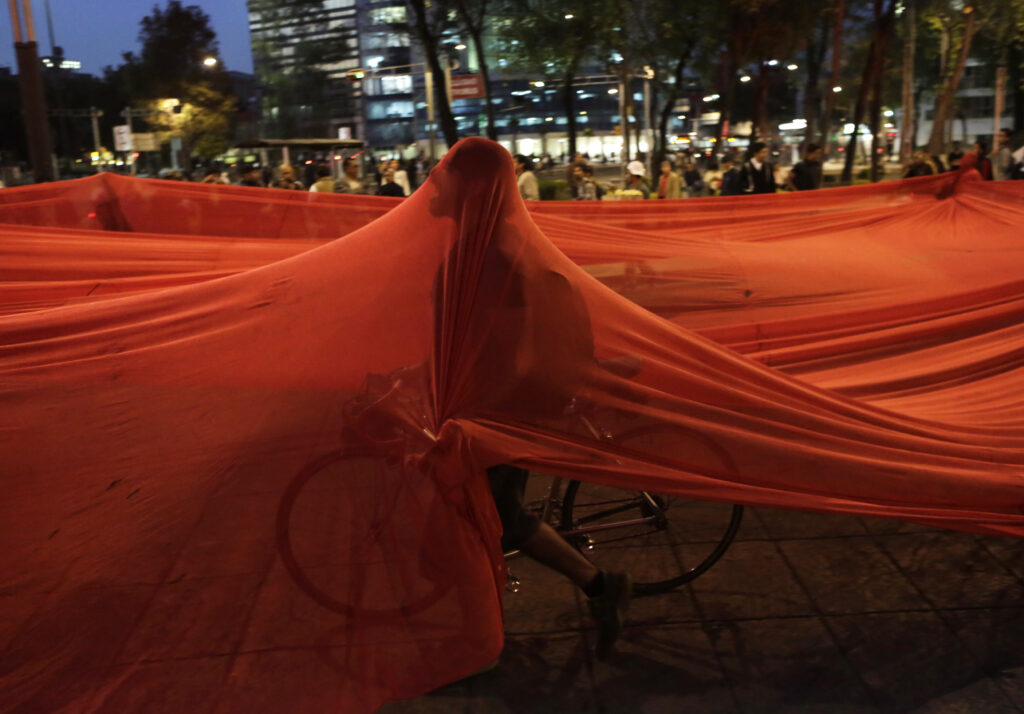
This impact story is part of a new series to celebrate the extraordinary pro bono projects undertaken by legal teams to support NGOs and social enterprises with the support of TrustLaw. All projects mentioned in this series are nominated for this year’s TrustLaw Awards. Find out more.
In 2003, the crucial role of whistleblowers, and the need for whistleblower protection, was recognised as part of international law when the United Nations (“UN”) adopted the ‘Convention Against Corruption’. This Convention, adopted by the General Assembly of the UN was signed by 140 nations and formally ratified, accepted, approved, or acceded by 137 nations, including Mexico. The UN Convention against Corruption is the only legally binding universal anti-corruption instrument.
Despite being one of the first signatories to the Convention in 2003, Mexico still does not have a comprehensive national stand-alone law to protect whistleblowers, and instead relies on other national or miscellaneous laws or provisions that protect whistleblowers. The legislative process is seen by civil society as crucial to advancing the protection of whistleblowers in Mexico. More often than not, the country’s whistleblowers suffer retaliation, persecution and even physical violence while exercising their freedom of speech rights to speak up in the public interest. Whistleblowers often need anonymity and confidentiality for protection.
Blueprint for Free Speech (Blueprint) has been working on the design of one of the first stand-alone comprehensive national whistleblowing laws in Latin America. They are part of a coalition of civil society groups which helped the Mexican federal government in drafting whistleblower protections. If eventually – adopted, the draft would be the first time Mexico would have a comprehensive national stand-alone whistleblowing protection law. Blueprint was one of the only international civil society organisation that was part of the drafting table with Government, represented by the Secretaría de la Función Pública (Mexican Secretariat of the Civil Service), prestigious academics, and locally based civil society organisations.
“Whistleblowers often need anonymity and confidentiality for protection.” says Dr. Suelette Dreyfus, Executive Director of Blueprint. For the very first time in the region, the civil society groups have advocated for the legislation to include the use of particular anonymization and encryption technology as tools to protect whistleblowers. The increased use of these tools would have a profound impact on the protection of human and environmental rights in Mexico.
While Blueprint had the necessary expertise in the field, they needed an understanding of the local legal environment to see how the proposed legislation might sit in the country’s legal framework. Dr. Dreyfus approached TrustLaw, the Thomson Reuters Foundation’s global pro bono service, for assistance through its network and were connected to lawyers at Ritch, Mueller y Nicolau. SC, in Mexico. Dr. Dreyfus believes, “You can’t raise international standards of protection without good advice on the local laws. Working with our lawyers wasn’t just a one-time thing because the process is not just about delivering some report and then hopping on a plane out. The table has had many diverse people sitting at it with all sorts of concerns. Addressing those concerns needs a partner – and ally – who has deep expertise in national legislation because changes may touch many areas of the existing law.”
Counsel James E. Ritch, senior associate Marco Portillo, and associate Diego Rodríguez from Ritch, Mueller y Nicolau, SC. brought a comprehensive understanding of the complex ecosystem related to the regulations for workplace standards, employee loyalty contracts, consumer protection, media freedom to publish, and individual freedom of expression rights. This provided Blueprint with the necessary localised advice for the drafting roundtable for the Mexican national law. The lawyers supported in providing relevant knowledge for drafting an original law, advice on the formal process in the Congress and Senate, as well as the political landscape. They were able to set necessary political context for the legislation to be relevant locally.
Blueprint relied on their international experience and the advice of the lawyers at Ritch Mueller y Nicolau, SC., to achieve credibility before the local civil society organisations and government officials while working on the draft with the Mexican federal government. The legal research they referenced required adjustments to existing legislation in the country and -most importantly- the national constitution.
James E. Ritch who led the team of lawyers, was interested in the request as the firm identifies with the relevance of the topic and being committed to free speech and anti-corruption initiatives, He says, “personally it was an honour to contribute our expertise and lead our team in a topic that we coincided is critical for the overhaul of our legal system to address corruption, promote free speech and improve the functioning of our system. Professionally it was inspiring to learn new issues, work with such a diverse and talented team and contribute to social change. This matter was very inspiring for the associates that worked on it and it also became one of the cases that helped continue to build our pro bono program and inspire young associates.” For senior associate Marco Portillo, “Helping with the protection of whistleblowers in Mexico was a very rewarding experience, both professionally and personally. In my view, pro bono work is key for the development of lawyers and to help build a better society”.
The legal advice enabled Blueprint to facilitate learnings on the use of technology to protect anonymity for the decision makers. According to Dr. Dreyfus, “Being able to bring top shelf advice – which includes legal advice from our pro bono lawyers – to decision makers in the government, is actually high impact. It’s a process. When you come back next time, they’re going to understand more, and hopefully change the question from ‘Do we want to do this?’ to ‘How do we do this?’”
More Impact Stories
View All Impact Stories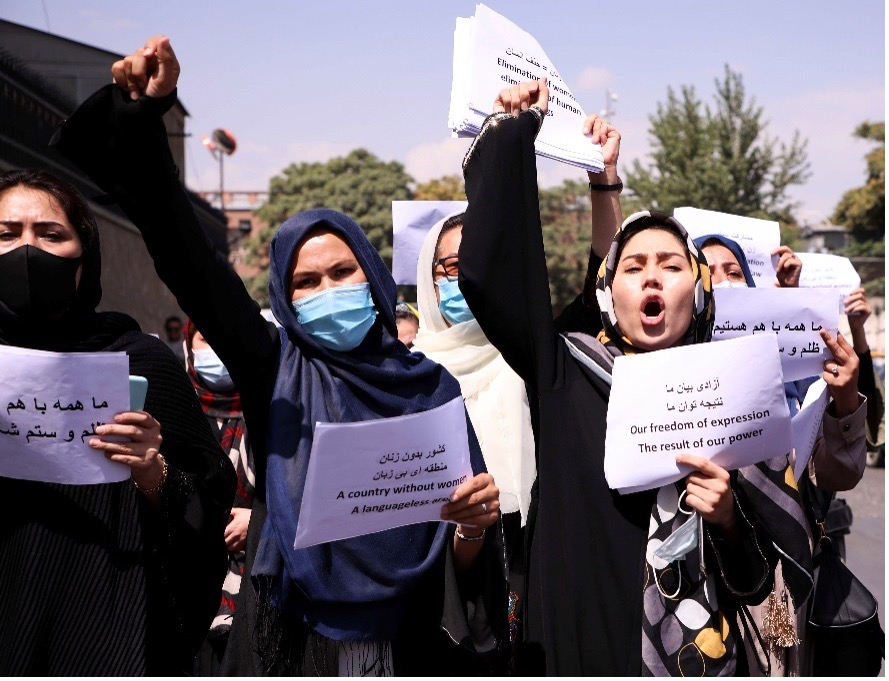
The value of pro bono for media: Women’s Voices Now
Women’s Voices Now (WVN) is a US-based non-profit…
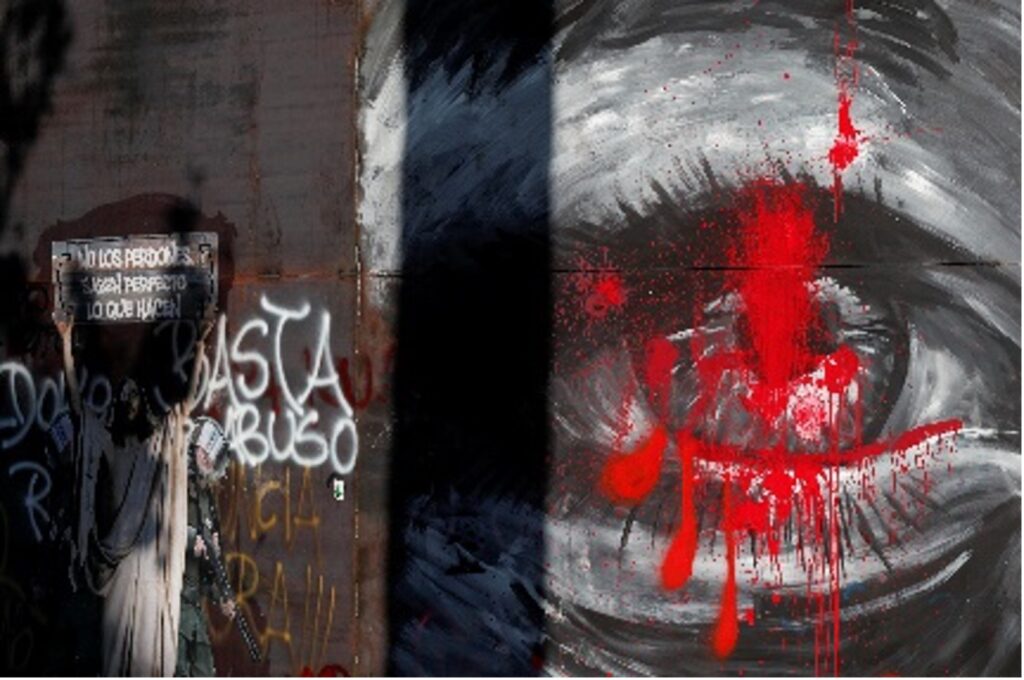
The value of pro bono for media: InSight Crime
InSight Crime is an award-winning non-profit newsroom that seeks to…

Conservation, Health, and Community: The Legal Lifeline Boosting Uganda’s Wetlands and Wellbeing
This impact story is part of a series to celebrate the extraordinary pro bono projects…

Advancing Inclusion: The Pro Bono Journey Toward Empowering Asia’s Rainbow Families
This impact story is part of a series to celebrate the extraordinary pro bono…
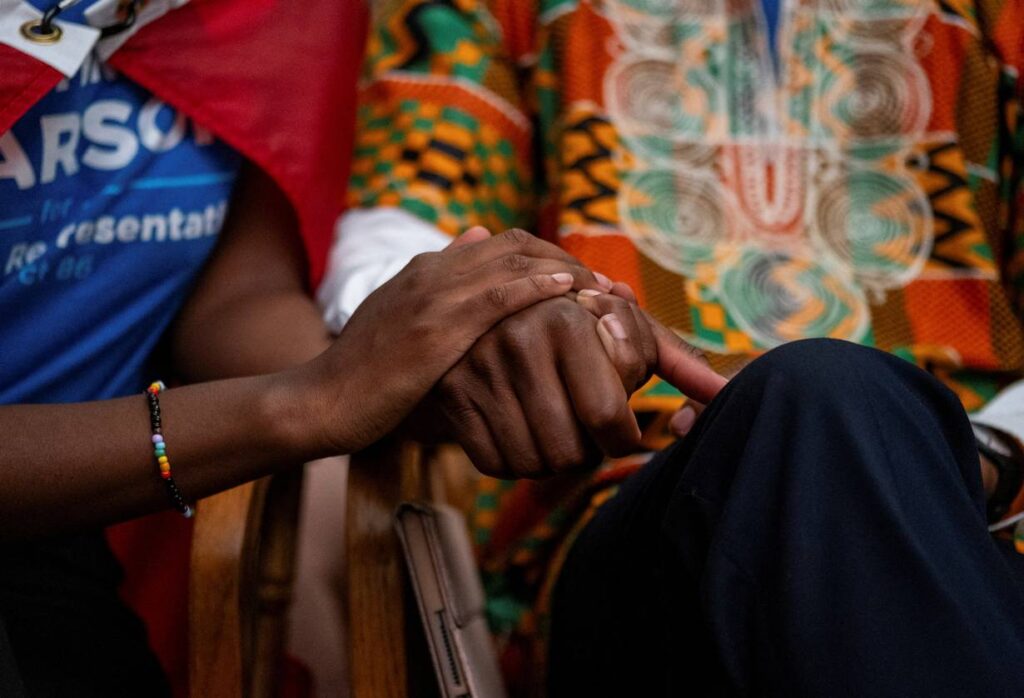
Legal Lifelines: How Pro Bono Legal Support is Paving the Way for Decriminalising Suicide Worldwide
703,000 people die by suicide every year – one person every 40 seconds. And for every…
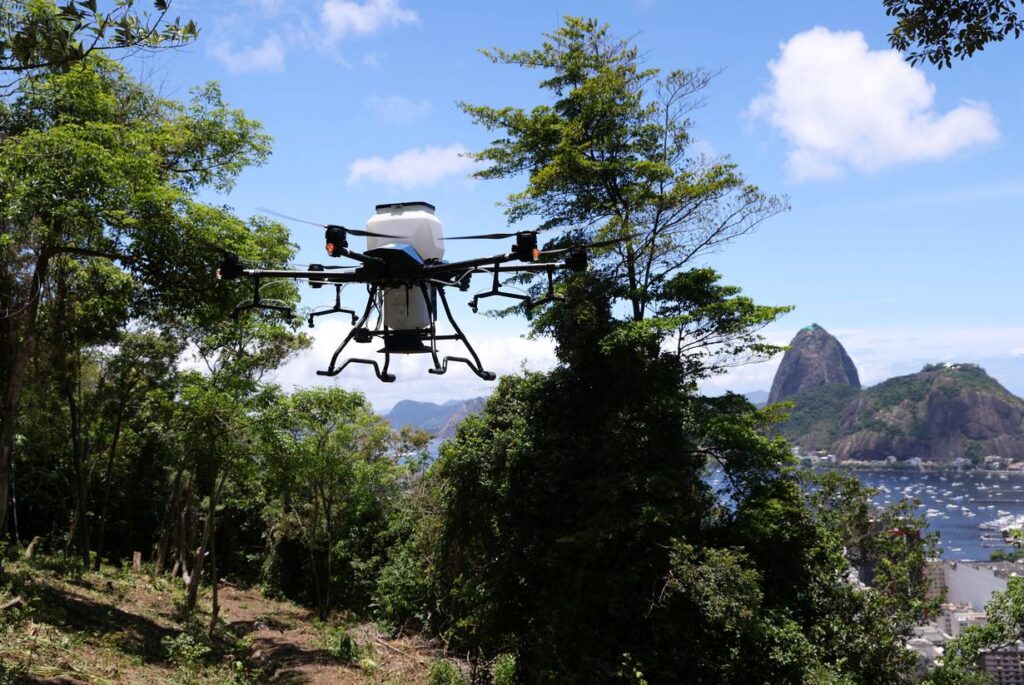
Navigating Drone Laws: How the Power of Pro Bono is Supporting Global Reforestation
This…

Understanding Secrecy Laws: A Pro Bono Collaboration Looking at Press Freedom Legislative Reform in Australia
This impact story is part of a series to celebrate the extraordinary pro bono projects…

Green Justice: How Pro Bono Legal Work is Shaping the Future of Recycling in Latin America
This impact story is part of a series to celebrate the extraordinary pro bono…

Digital Shadows: Spearheading Legal Reforms Against Online Sexual Abuse in Kenya
This…

Boardroom Breakthrough: The Push for Disability Representation at the Top
This impact story is…


